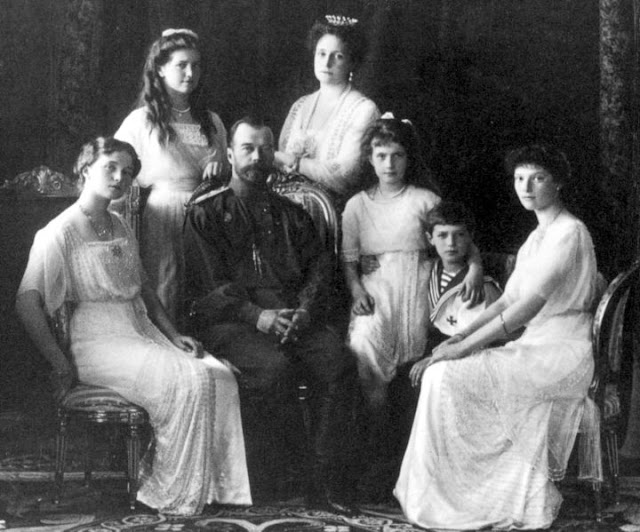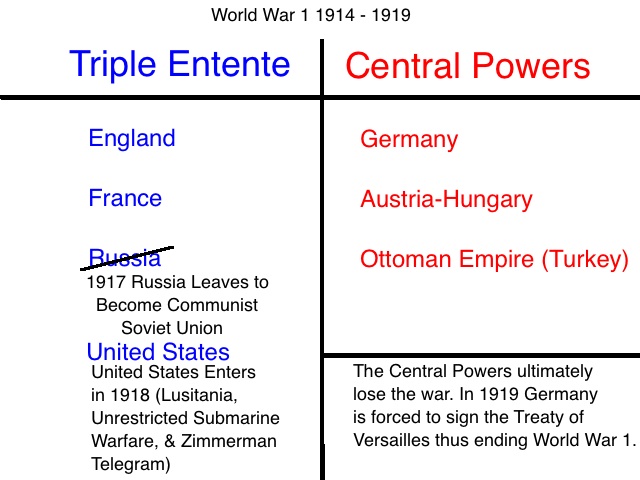The Legislative Branch consists of two houses. Founding fathers of the United States Government felt that two levels of representation were needed to avoid factionalism and to ensure a more accurate reflection of the peoples' will. As a result, a House of Representatives was created to cover smaller areas and populations; whereas the Senate was created to represent entire States. For a law to take effect it must be passed by both the House of Representatives, the Senate, and signed by the President. The President can veto a law but the Senate and House of Representatives may override the Presidential Veto with a 2/3 majority vote. If the Congress adjourns its session before the ten days allotted for the President's signature, the bill does not become a law. This scenario is called a pocket veto.
 The House of Representatives is currently staffed with 435 elected officials to represent the people of various districts across the United States. Territories of the United States are allowed to be represented by non-voting members, but are still subject to legislation from Congress. Constituents, or citizens represented by an elected leader, have the right to petition their representative for legislative action. For example, people routinely write letters to their local congress person. Issues are raised with letters, in the media, and nowadays online. If a representative fails to meet the needs of its constituents, then the people have the right to replace that representative through the ballot box.
The House of Representatives is currently staffed with 435 elected officials to represent the people of various districts across the United States. Territories of the United States are allowed to be represented by non-voting members, but are still subject to legislation from Congress. Constituents, or citizens represented by an elected leader, have the right to petition their representative for legislative action. For example, people routinely write letters to their local congress person. Issues are raised with letters, in the media, and nowadays online. If a representative fails to meet the needs of its constituents, then the people have the right to replace that representative through the ballot box.Representatives must be at a minimum of 25 years of age. Second, members must also have been a citizen of the United States for at least 7 years. Finally, Representatives must also live in the state that they represent - usually they live in the district they represent although not required by law. Representatives serve 2 year terms before another election.
Senators, on the other hand must be at least 30 years of age to be elected to congress. Second, senators must have been a citizen of the United States for at least 9 years. Finally, senators must similarly be a resident in the state which they represent. One third (1/3) of the seats are up for election every 2 years, making a senator's term a total of 6 years.
 The Legislative Branch is the government organization responsible for law. Law can be created, amended, and abolished. The House of Representatives is given the power to impeach presidents and raise revenue. The Senate has the options to certify treaties, confirm judge appointments, and affirm military leaders. These powers are restricted to the legislature only. The Executive and Judicial branch can neither create, amend, or abolish law.
The Legislative Branch is the government organization responsible for law. Law can be created, amended, and abolished. The House of Representatives is given the power to impeach presidents and raise revenue. The Senate has the options to certify treaties, confirm judge appointments, and affirm military leaders. These powers are restricted to the legislature only. The Executive and Judicial branch can neither create, amend, or abolish law.












































